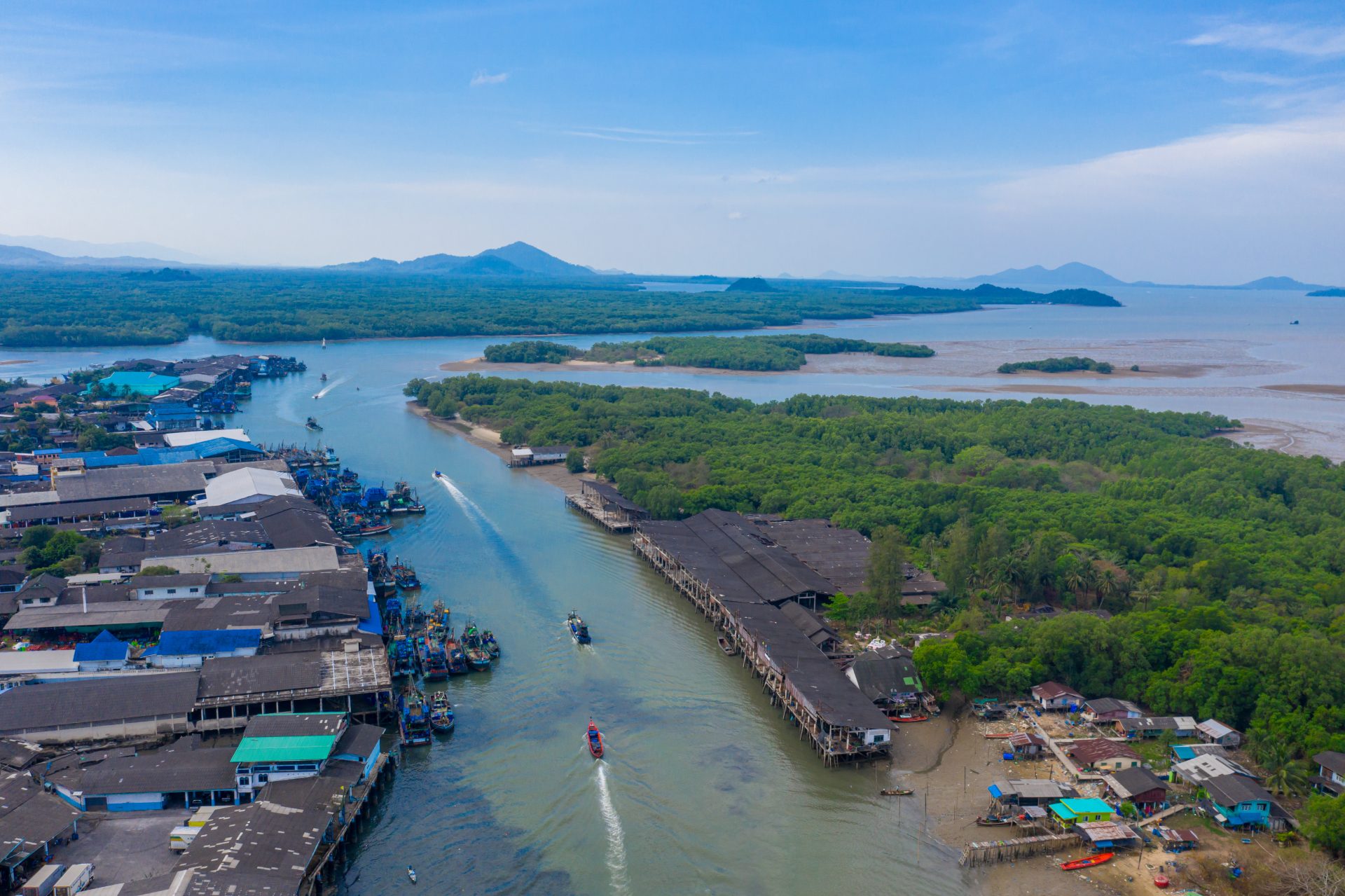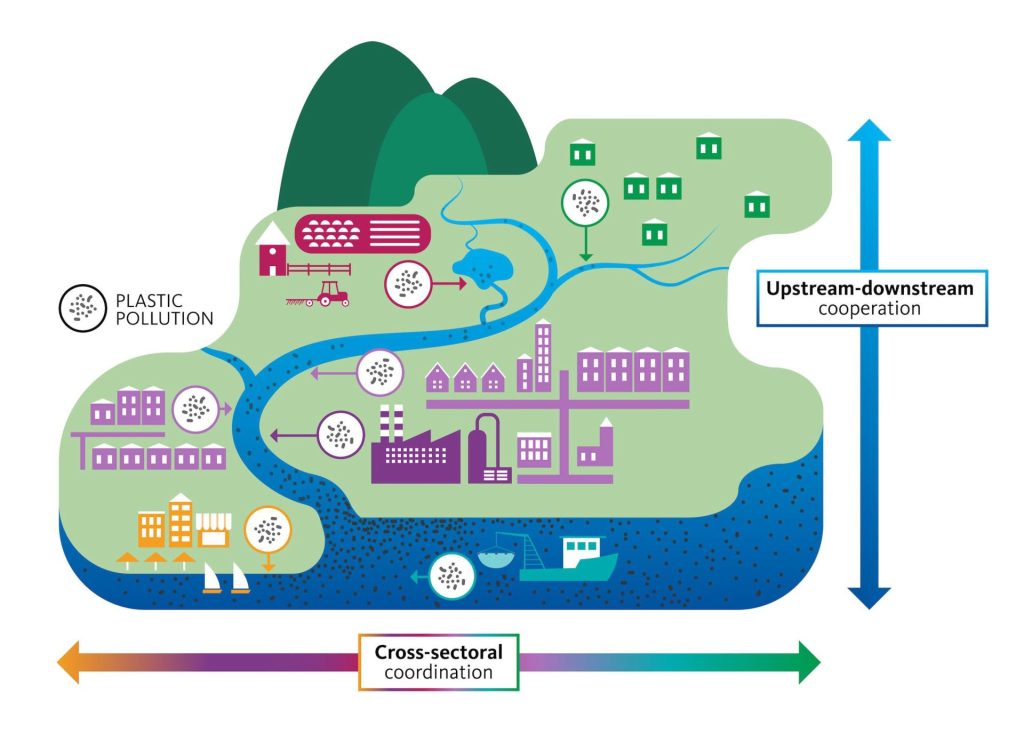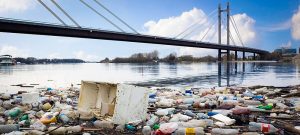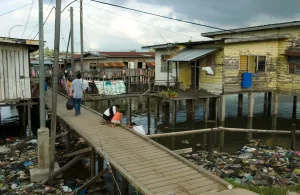PERSPECTIVES

This report presents a framework for strengthening accountability within the plastics value chain. Such a framework can facilitate collaborative action between stakeholders and sectors, illuminate the interdependencies between them, and clarify co-responsibilities for action. This is an essential step to preventing plastic pollution.
The issue of plastic pollution in freshwater bodies and the ocean is demanding increased global attention as we come to better understand the extent of the impacts of plastics and microplastics on the environment, economy, biodiversity, and human health.
The main sources of marine pollution are land-based, with plastic pollution, untreated wastewater, and agricultural run-off being the primary culprits.
These issues cannot be solved in isolation as they cross the traditional land-fresh water coastal-marine boundaries. Coordination across sectors throughout the plastic value chain and cooperation between upstream and downstream stakeholders are needed urgently to prevent further plastic pollution.
 Land-based sources of plastic pollution travel downstream to the coast and the ocean. Solutions must include upstream-downstream cooperation and cross-sectoral coordination.
Land-based sources of plastic pollution travel downstream to the coast and the ocean. Solutions must include upstream-downstream cooperation and cross-sectoral coordination.
For benefits to accrue across the source-to-sea system, government, private sector, and civil society actors must share responsibility for delivering a range of different and complementary actions.
The source-to-sea framework for accountability to prevent plastic pollution can be used to facilitate collaborative action toward this goal.

